As she lay in her hospital bed, struggling to breathe and facing a mountain of medical bills, Sarah couldn't help but wonder if she had made a terrible mistake. She had chosen to forgo traditional health insurance in favor of a cheaper alternative, a health cost-sharing ministry that promised to cover her medical expenses in exchange for a monthly fee. But now, with her hospital stay looming and her savings dwindling, Sarah was starting to realize that this "insurance" might not be as reliable as she thought.
Sarah's story is not unique. Across the United States, thousands of Americans are ditching traditional health care for something cheaper – and riskier. They're turning to health cost-sharing ministries, a type of alternative health insurance that has been gaining popularity in recent years. These plans, which originated as a faith-based option for those with religious objections to traditional insurance, have been secularizing and surging in popularity, fueled by growing distrust in the conventional health care system.
But what exactly are these health cost-sharing ministries, and how do they work? The answer lies in their name: they're not insurance companies, but rather groups of individuals who pool their money together to cover each other's medical expenses. Members pay a monthly fee, which can range from a few hundred to several thousand dollars, depending on the plan. In return, they receive a network of healthcare providers who agree to accept a discounted rate for their services.
On the surface, these plans seem like a good deal. They're often cheaper than traditional health insurance, and they offer a sense of community and shared responsibility that many people find appealing. But experts warn that these plans are not without risks. For one thing, they often lack the financial protections and regulatory oversight that traditional insurance companies provide. This means that members may be left with staggering medical bills if they get sick or injured, and there's no guarantee that the plan will be able to cover them.
Take the case of Emily, a 35-year-old freelance writer who joined a health cost-sharing ministry after her traditional insurance plan became too expensive. At first, the plan seemed like a godsend – she was able to see her doctor and get the care she needed without breaking the bank. But when Emily's mother was diagnosed with cancer, the plan's limitations became clear. The ministry's network of providers didn't include any oncologists, and the discounted rates they offered were woefully inadequate. Emily was left with a $50,000 bill, which she was forced to pay out of pocket.
"I was shocked and appalled by how little the plan was willing to cover," Emily says. "I thought I was getting a good deal, but in the end, it was a false sense of security. I would never recommend a health cost-sharing ministry to anyone."
Experts agree that these plans are a bad idea. "These plans are essentially a Ponzi scheme," says Dr. John Holahan, a health economist at the Urban Institute. "They're selling a promise of coverage that they can't deliver, and they're leaving people with huge medical bills when they get sick or injured."
Despite the risks, health cost-sharing ministries continue to grow in popularity. In 2020, an estimated 1.5 million Americans were enrolled in these plans, up from just 150,000 in 2015. The growth is driven in part by the Affordable Care Act's (ACA) individual mandate, which requires people to have health insurance or face a penalty. Many people are choosing to opt out of the ACA and join a health cost-sharing ministry instead, hoping to avoid the penalty and save money on their premiums.
But the consequences of this trend are far-reaching. Without traditional insurance, people are more likely to delay or forego medical care, which can lead to worse health outcomes and higher costs in the long run. And when people do get sick or injured, they're often left with huge medical bills that can lead to financial ruin.
As Sarah lay in her hospital bed, struggling to breathe and facing a mountain of medical bills, she knew that she had made a terrible mistake. She had chosen to forgo traditional health insurance in favor of a cheaper alternative, a health cost-sharing ministry that promised to cover her medical expenses in exchange for a monthly fee. But now, with her hospital stay looming and her savings dwindling, Sarah was starting to realize that this "insurance" might not be as reliable as she thought.
In the end, Sarah was forced to declare bankruptcy and start over from scratch. Her experience is a cautionary tale about the dangers of health cost-sharing ministries. While they may seem like a good deal on the surface, they're often a recipe for disaster. As the health care system continues to evolve, it's more important than ever to be aware of the risks and pitfalls of these plans, and to make informed decisions about our health care coverage.
As the health care landscape continues to shift, one thing is clear: Americans are desperate for affordable health care options. But in their quest for cheaper coverage, they're often sacrificing the financial protections and regulatory oversight that traditional insurance companies provide. The result is a patchwork of alternative health insurance plans that are often more risk than reward.
In the end, it's up to each individual to make an informed decision about their health care coverage. But as Sarah's story shows, the consequences of choosing the wrong plan can be devastating. With the right information and a healthy dose of skepticism, Americans can make informed decisions about their health care and avoid the pitfalls of health cost-sharing ministries.





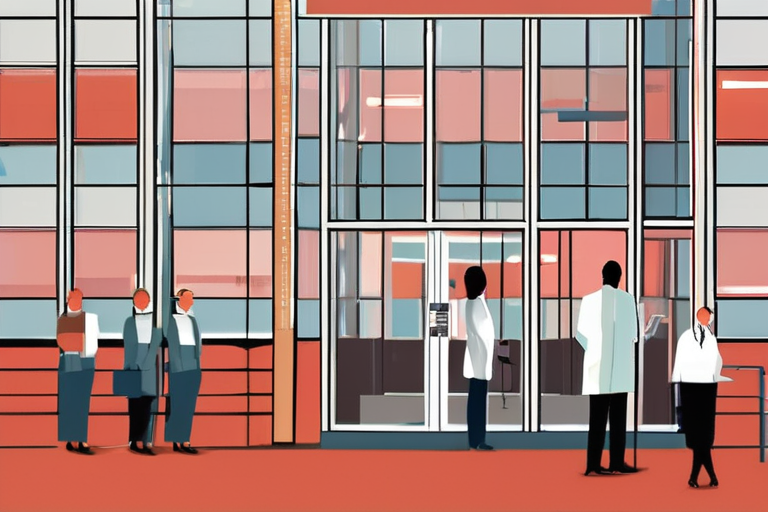



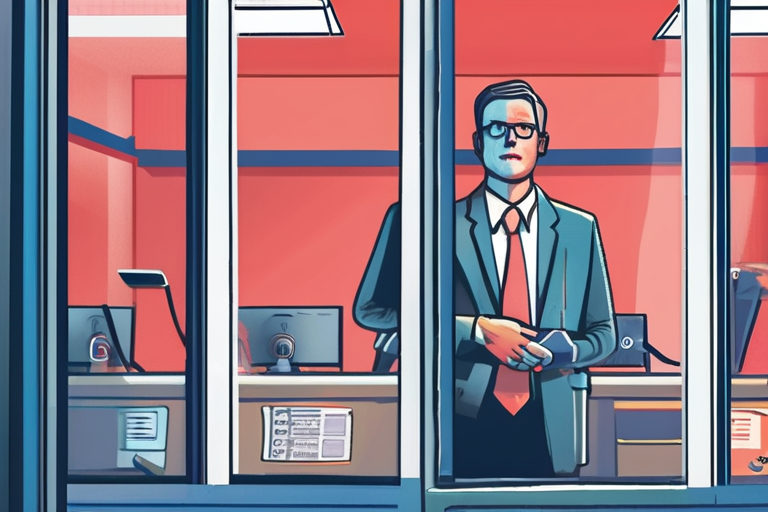
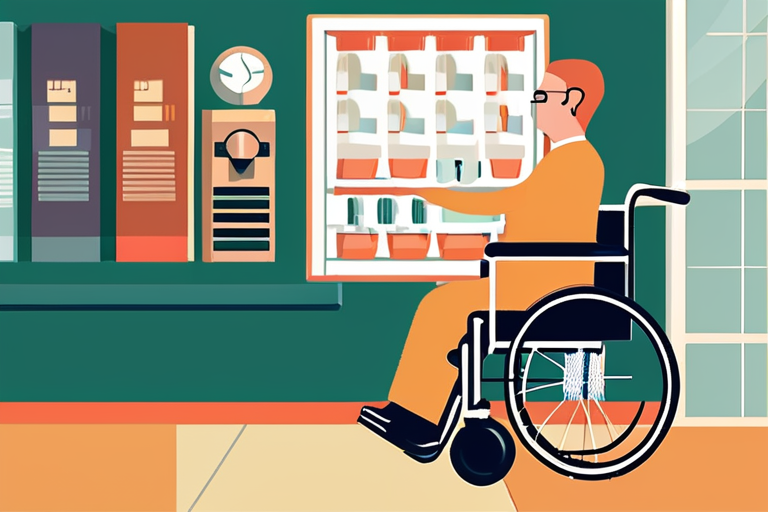
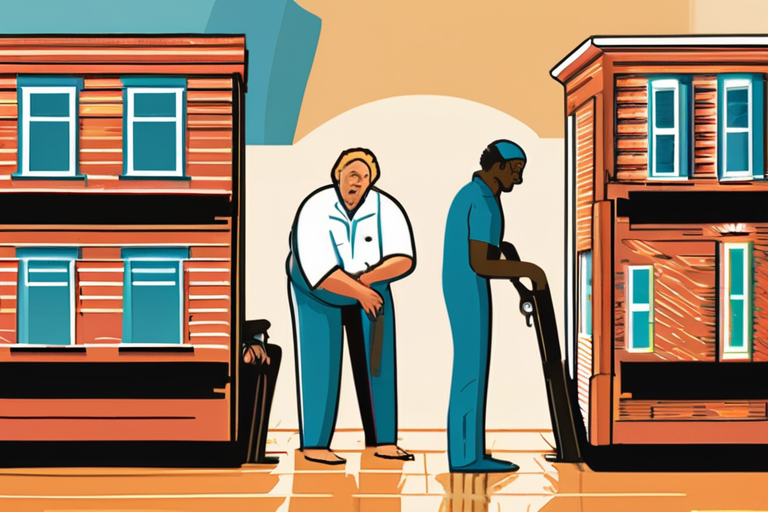
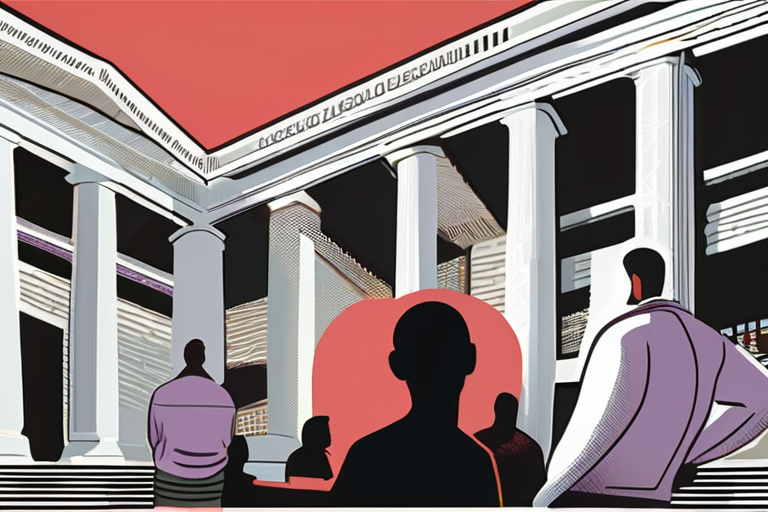
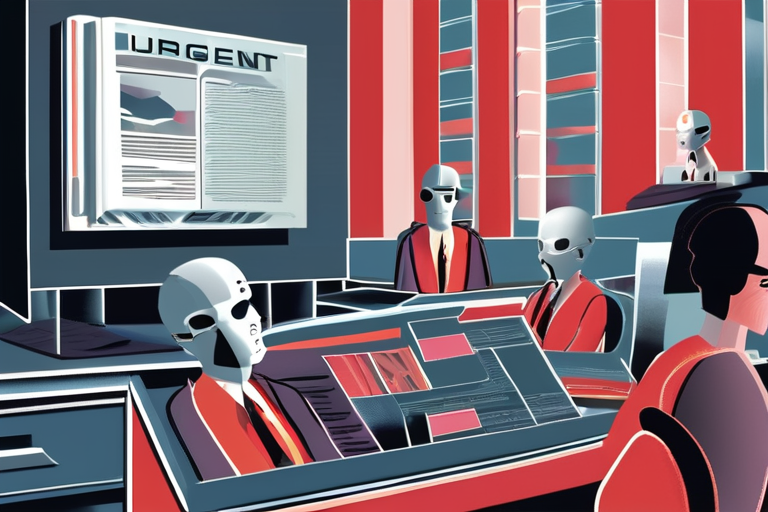
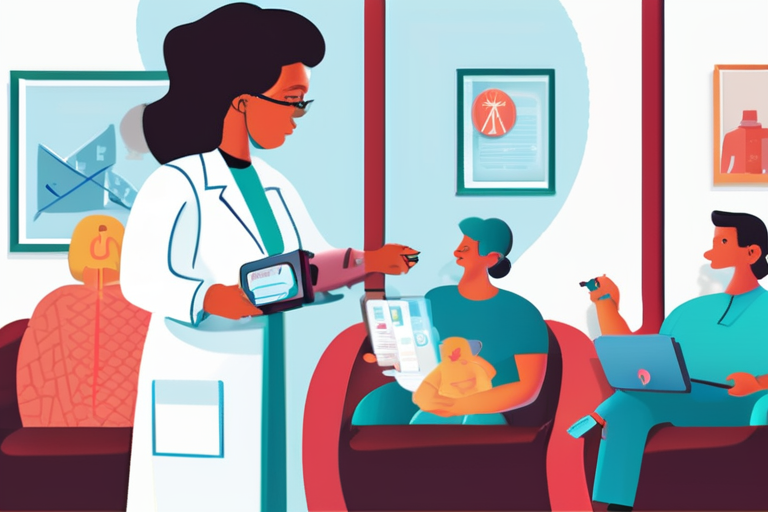
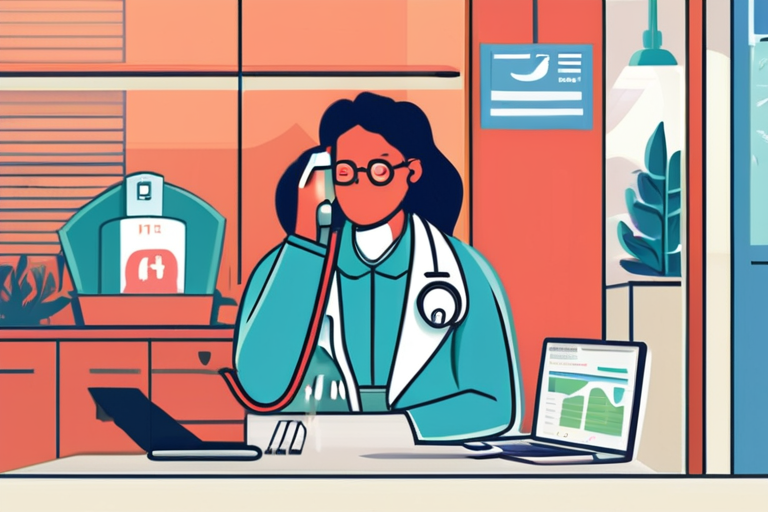



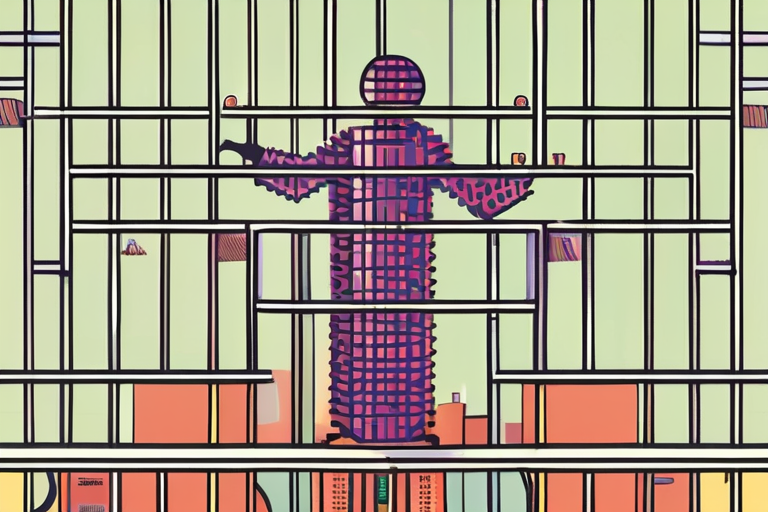
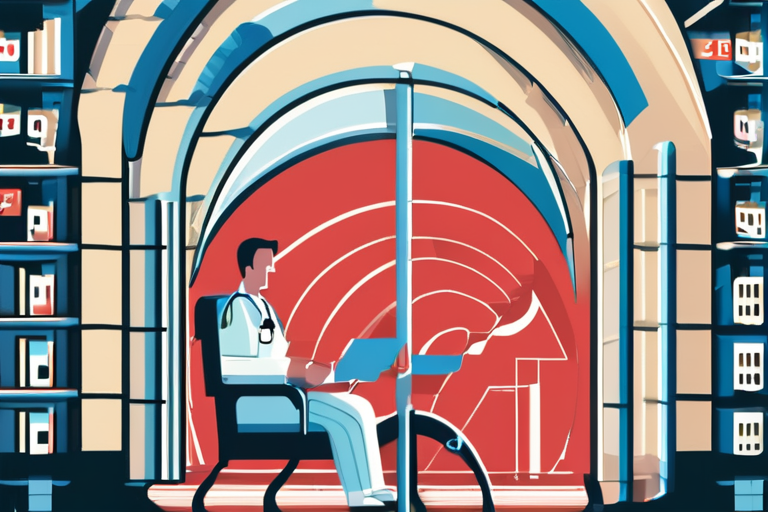




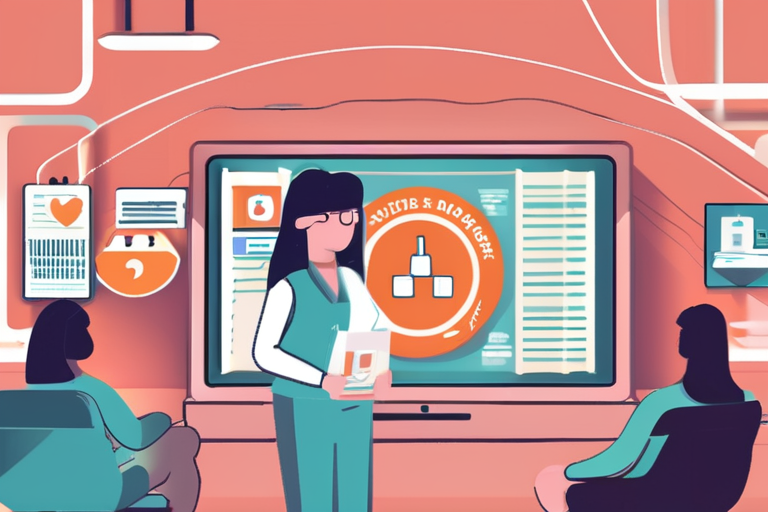
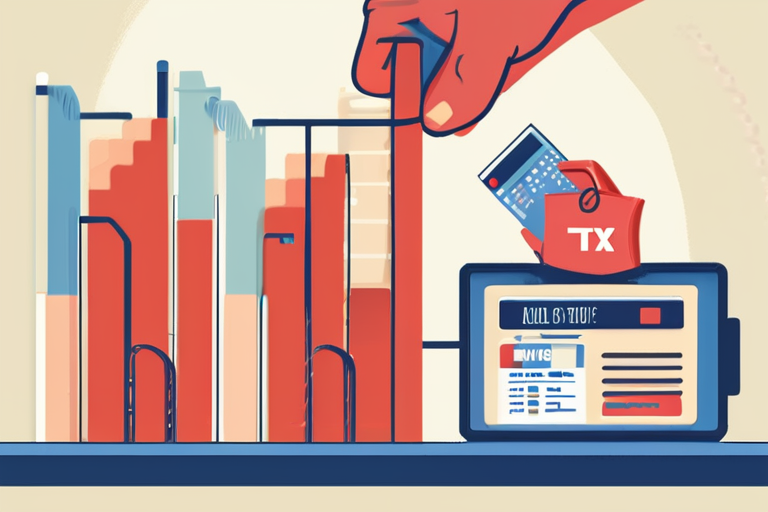
Share & Engage Share
Share this article